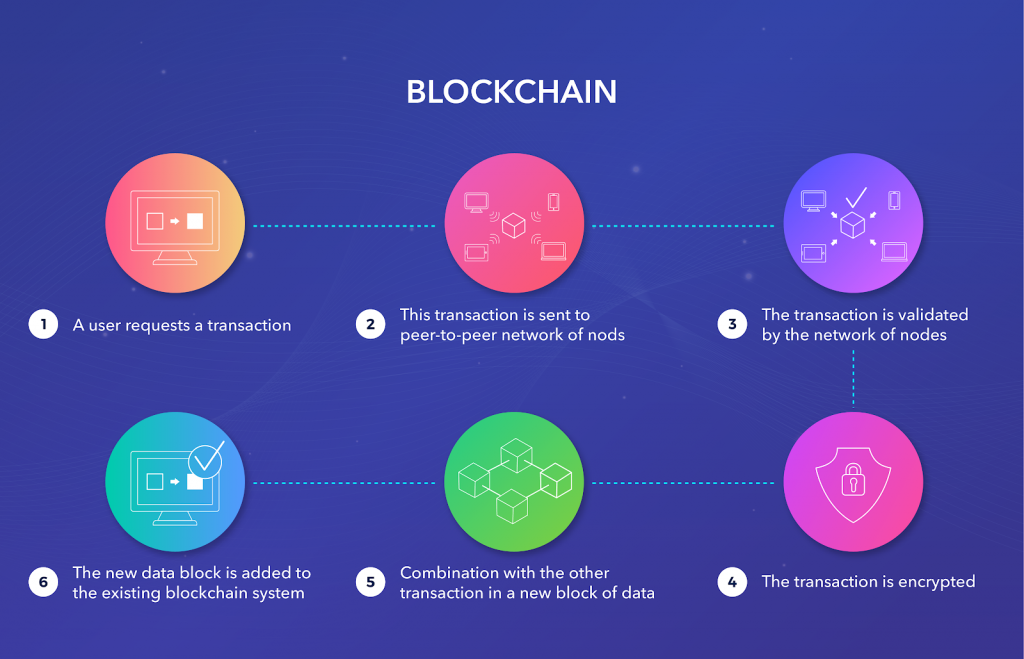How Blockchain Can Revolutionize the Real Estate Industry

Have you ever wondered how real estate transactions can be made more secure, transparent, and efficient? Enter blockchain technology—the same technology that powers cryptocurrencies like Bitcoin.
In this article, we will explore how blockchain can transform the real estate industry by providing a tamper-proof and decentralized system that can streamline the buying and selling process.
What is Blockchain?
Before diving into the details of how blockchain can be used in real estate, let’s first define what it is.
Blockchain is a distributed ledger technology that allows for secure and transparent transactions without the need for a central authority. Put simply, it is a decentralized system that can record transactions in a tamper-proof and transparent manner.
How Can Blockchain Be Used in Real Estate?
The real estate industry is ripe for disruption, and blockchain technology can provide the necessary tools to do just that. Here are some of the ways blockchain can be used in real estate:

Smart Contracts
One of the most promising use cases of blockchain in real estate is the use of smart contracts. Smart contracts are self-executing contracts that can be programmed to automatically trigger once certain conditions are met.
In the context of real estate, smart contracts can be used to automate the buying and selling process. For example, a smart contract can be programmed to release funds to the seller once the title has been transferred to the buyer. This eliminates the need for intermediaries and can significantly reduce transaction costs.
Property Title Management
Another area where blockchain can be used in real estate is in property title management. Property titles are currently stored in centralized databases, which can be vulnerable to fraud and errors.
By using blockchain, property titles can be stored in a decentralized and tamper-proof system. This can provide a more secure and transparent way to manage property titles, reducing the risk of fraud and errors.
Fractional Ownership
Blockchain can also be used to enable fractional ownership of real estate. Fractional ownership allows multiple investors to own a fraction of a property, which can make real estate investing more accessible to a wider audience.
By using blockchain, fractional ownership can be made more efficient and transparent. Investors can easily buy and sell their shares of the property without the need for intermediaries, reducing transaction costs and increasing liquidity.
Crowdfunding
Crowdfunding has become a popular way to raise funds for real estate projects. However, the current crowdfunding model can be inefficient and can involve multiple intermediaries.
By using blockchain, crowdfunding can be made more efficient and transparent. Investors can easily invest in real estate projects and receive their returns directly through the blockchain. This can reduce transaction costs and increase transparency, making real estate investing more accessible to a wider audience.
Conclusion
Blockchain technology has the potential to revolutionize the real estate industry by providing a more secure, transparent, and efficient system for buying and selling properties. Smart contracts, property title management, fractional ownership, and crowdfunding are just some of the ways blockchain can be used in real estate.
As the real estate industry continues to evolve, blockchain is poised to play a significant role in shaping its future.
Email- contact@devopsschool.com

 Starting: 1st of Every Month
Starting: 1st of Every Month  +91 8409492687
+91 8409492687  Contact@DevOpsSchool.com
Contact@DevOpsSchool.com
